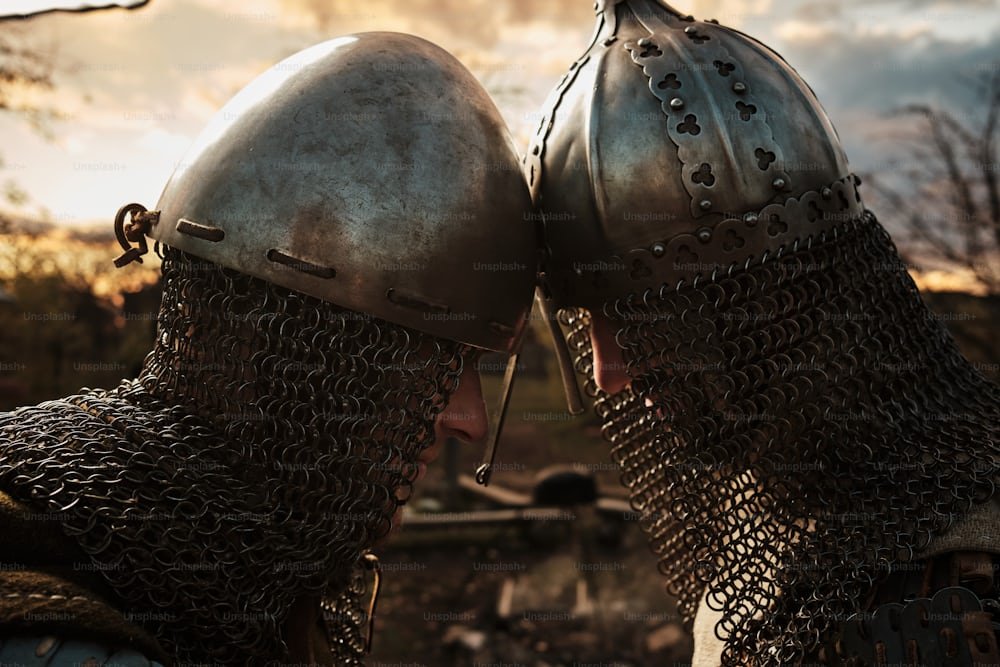In the rich world of Harry Potter, few rivalries are as complex as the feud between Severus Snape and the Marauders. This rivalry, which began during their school years at Hogwarts, continued into their adult lives, fueled by old wounds, misunderstandings, and a mix of betrayal and bravery. But while the Marauders may have seemed victorious in their youth, Snape ultimately emerged as the true victor in the long term.
Let’s explore the key reasons why, in the end, Snape won the feud with the Marauders.
Who Were the Marauders?
To understand this feud, it’s important to know who the Marauders were. James Potter, Sirius Black, Remus Lupin, and Peter Pettigrew made up the Marauders—a group of Gryffindor friends with a knack for mischief and a reputation for causing trouble. Known for their daring and charm, they created the Marauder’s Map and roamed the Hogwarts grounds, especially at night. But beyond their rebellious, fun-loving image, they shared a deep friendship, and they often directed their pranks toward Severus Snape.
Young Snape, on the other hand, was a Slytherin, deeply fascinated with magic, especially the Dark Arts. An outsider with a tough home life, he was easy prey for the Marauders’ taunts. And although his personality was harsh and his interests dark, his intelligence and passion for magic were clear. Snape’s clash with the Marauders, particularly with James Potter and Sirius Black, would shape much of his time at Hogwarts and beyond.
The Origins of the Feud
The feud between Snape and the Marauders began largely because of his fraught relationship with James Potter. James, the star Gryffindor, was everything Snape wasn’t—popular, athletic, and confident. James also had an interest in Lily Evans, Snape’s only friend and the one person who saw the good in him. This love triangle added tension to an already bitter rivalry, fueling James’s torment of Snape.
Sirius Black, James’s loyal friend, often joined in on the taunting, showing little empathy for Snape. This antagonism went beyond simple teasing; it was a constant stream of bullying that left lasting scars on Snape. One incident even led to Snape nearly discovering Lupin’s secret as a werewolf, due to Sirius’s cruel trick, and almost losing his life in the process. This hostility created a toxic cycle, where Snape’s resentment grew into a hatred that would follow him into adulthood.
Snape’s Loyalty to Lily and His Personal Growth
Despite everything, Snape held a deep, unwavering loyalty to Lily, the one person who had treated him with kindness. This loyalty became the foundation of Snape’s personal transformation. After losing Lily to James and later witnessing her death at Voldemort’s hands, Snape was overcome by grief and guilt. He realized that his obsession with the Dark Arts, which had distanced him from Lily, played a role in her tragic fate. This was a pivotal moment for Snape; rather than letting his anger control him, he decided to honor Lily’s memory by switching sides.
In a sense, this loyalty to Lily was Snape’s redemption. He joined Dumbledore, agreeing to spy on Voldemort and work against the very forces he once admired. Snape’s complex character, filled with flaws but also fierce loyalty, dedication, and bravery, led him to take on an incredibly dangerous role in the fight against Voldemort. It was a long and difficult path, but one that ultimately allowed him to be a part of something greater, proving his strength and resilience in a way the Marauders never experienced.
The Marauders’ Downfall
While Snape grew from his pain, the Marauders’ story took a different turn. Sirius, once the reckless ringleader, found himself trapped in a life of confinement and tragedy. Wrongly accused of betraying James and Lily, he was sent to Azkaban, where he spent years in isolation. The loss of his friends, combined with the confinement, weighed heavily on him, and while he escaped to support Harry, his spirit was deeply scarred. His once-boundless energy had dimmed, and he ultimately met a tragic end.
James, for all his charisma and strength, never got to grow beyond his rivalry with Snape. His life was cut short by Voldemort, and although he died protecting his family, he never had the chance to face the man he had tormented for years. Remus Lupin lived a life burdened by his werewolf curse, forced to endure prejudice and rejection. And Peter Pettigrew, who betrayed his friends by becoming a Death Eater, ended up consumed by guilt and fear.
In contrast, Snape continued to grow and evolve, proving his loyalty to Dumbledore and to Lily’s memory. The Marauders, while they left behind a legacy of loyalty and friendship, never experienced the same personal growth or redemption. Their lives were defined by the tragic choices they made, while Snape’s was marked by his ability to transform his pain into something meaningful.
Snape’s Legacy and Final Victory
In the end, Snape’s greatest victory came from his final act of bravery. By protecting Harry and working as a double agent, he contributed significantly to Voldemort’s defeat. Snape’s courage allowed him to face Voldemort, often risking his life to relay crucial information to Dumbledore. His sacrifice wasn’t fueled by revenge or pride but by a desire to honor Lily and ensure her son’s survival.
Snape’s victory wasn’t about getting even with the Marauders but transcending the bitterness of his past. His ability to transform himself from a troubled, bitter young man into a hero working selflessly for the greater good showed a strength of character that none of the Marauders ever achieved. Even Harry, who had grown up hearing only negative things about Snape, came to recognize his bravery and dedication.
Snape left a legacy as one of the most complicated, courageous figures in the Wizarding World, a man who ultimately proved that he was more than the sum of his past mistakes. His love for Lily and his redemption arc outshone his history of bitterness with the Marauders, proving that he had won a deeper, more meaningful victory.
Conclusion
While the Marauders won many battles in their youth, taunting and tormenting Snape, he ultimately emerged as the true victor in their long-standing feud. His transformation, fueled by love, loyalty, and a desire for redemption, allowed him to transcend the bitterness and anger of his youth. By protecting Harry, opposing Voldemort, and upholding the memory of the woman he loved, Snape became a hero in his own right.
The feud between Snape and the Marauders ended with a powerful lesson: true victory is not about revenge but growth, sacrifice, and redemption. In this, Snape ultimately proved himself the stronger, showing that even in the darkest times, people can rise above their past and leave a lasting legacy.










